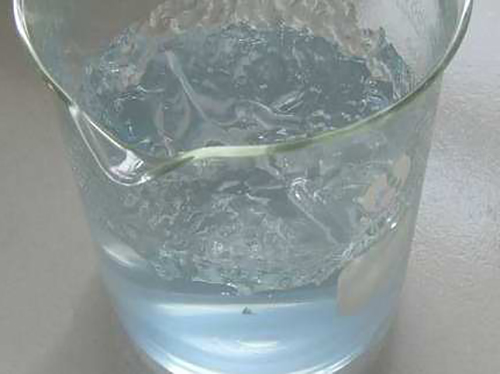scale and corrosion inhibitor for cooling tower
Scale and Corrosion Inhibitors for Cooling Towers
Cooling towers are essential components in many industrial and commercial processes, utilized to dissipate heat from the circulating water of heating and cooling systems. However, their efficiency can be significantly hampered by the formation of scale and corrosion, leading to increased operational costs and reduced lifespan of the equipment. To mitigate these issues, the application of scale and corrosion inhibitors is crucial.
Scale formation occurs when dissolved minerals in water precipitate out under certain conditions, leading to deposits on the surfaces of cooling tower components. Common minerals responsible for scaling include calcium, magnesium, and silica. These deposits can restrict water flow, reduce heat transfer efficiency, and increase energy consumption, ultimately impacting the overall performance of the cooling system. Furthermore, if left unaddressed, scale buildup can lead to costly repairs and extended downtime.
Corrosion, on the other hand, is the gradual degradation of materials, typically metals, due to chemical reactions with the environment. In cooling towers, this can result from the presence of oxygen, carbon dioxide, and other corrosive agents in the water. Corrosion can weaken metal structures, leading to leaks and potential failures. The associated costs of replacing corroded parts or entire systems can be substantial, making preventive measures essential.
scale and corrosion inhibitor for cooling tower

To combat scale and corrosion, various types of inhibitors are employed. Scale inhibitors work by altering the chemical properties of the minerals in the water, preventing them from adhering to surfaces. Commonly used scale inhibitors include phosphonates, polyacrylic acids, and citric acid derivatives. These substances help maintain the solubility of minerals, allowing them to be carried away by the flow of water rather than forming deposits.
Corrosion inhibitors, on the other hand, function by providing a protective layer on the metal surfaces or by neutralizing the corrosive agents present in the water. Popular corrosion inhibitors include organic compounds, such as benzotriazole and tolytriazole, as well as cathodic protection methods. The selection of an appropriate inhibitor depends on the specific water chemistry and the materials used in the cooling tower’s construction.
The effective use of scale and corrosion inhibitors requires regular monitoring of water quality parameters, including pH, hardness, alkalinity, and conductivity. By maintaining optimal conditions and properly dosing inhibitors, plant operators can significantly enhance the efficiency and longevity of cooling systems.
In conclusion, scale and corrosion present significant challenges for cooling towers, but the use of effective inhibitors can mitigate these issues. By understanding the types of inhibitors available and their mechanisms of action, facilities can optimize the performance and reliability of their cooling systems, ultimately leading to cost savings and increased operational efficiency. Regular monitoring and maintenance remain key to ensuring effective long-term results.
-
Water Treatment with Flocculant Water TreatmentNewsJun.12,2025
-
Polymaleic AnhydrideNewsJun.12,2025
-
Polyaspartic AcidNewsJun.12,2025
-
Enhance Industrial Processes with IsothiazolinonesNewsJun.12,2025
-
Enhance Industrial Processes with PBTCA SolutionsNewsJun.12,2025
-
Dodecyldimethylbenzylammonium Chloride SolutionsNewsJun.12,2025





